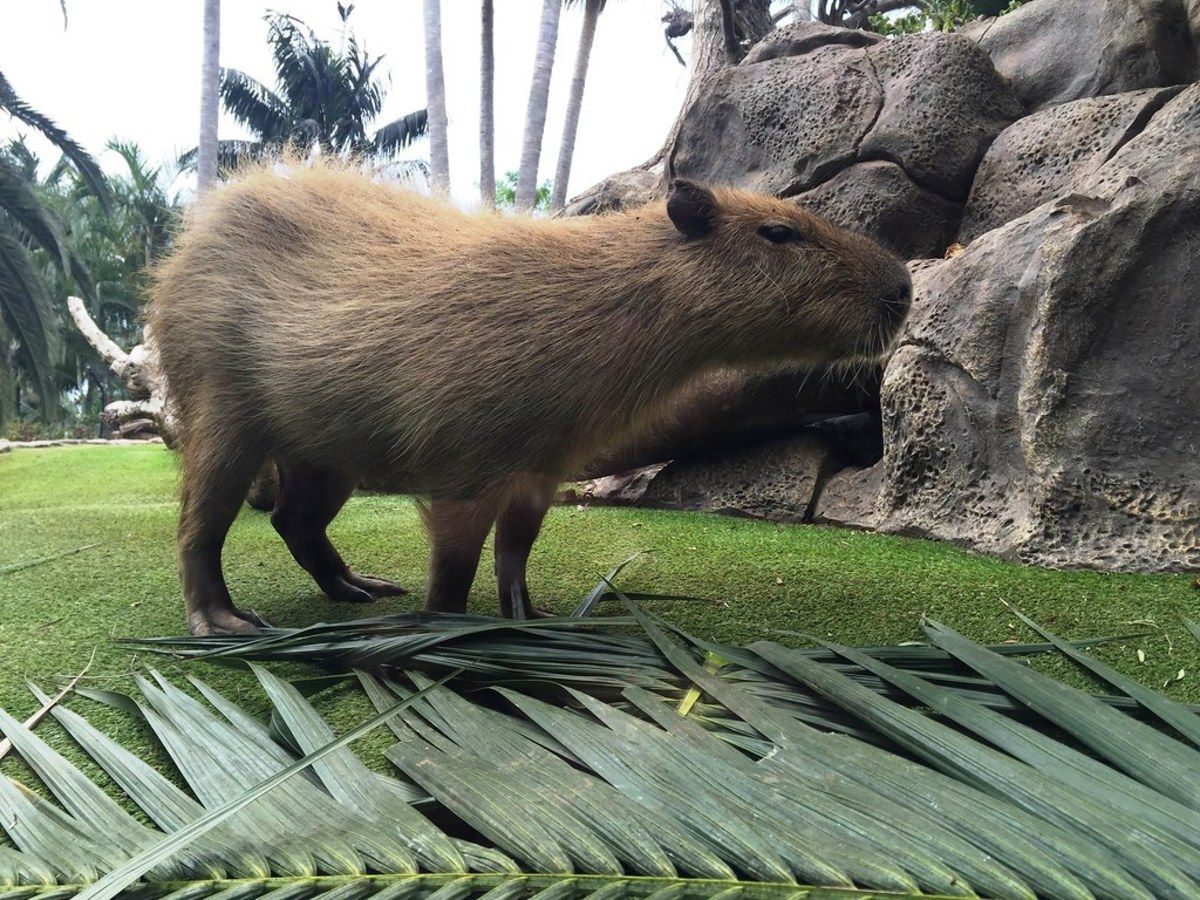An exotic pet is a term used to describe any non-traditional pet that is not commonly found in households. These pets are usually rare, unusual, or unconventional, and are often considered to be more exotic or unique than the typical pets like dogs, cats, or small mammals.
Exotic pets can include a wide range of animals from different species, such as reptiles (e.g., snakes, lizards, turtles), amphibians (e.g., frogs, salamanders), birds (e.g., parrots, cockatoos), fish (e.g., tropical fish, marine fish), invertebrates (e.g., tarantulas, scorpions), or even mammals (e.g., ferrets, sugar gliders, hedgehogs).
These animals are usually sourced from places outside the pet breeding industry, such as the wild or specialized breeders. Due to their unique nature, many exotic pets require specific habitats, diet, and care, often differing significantly from the needs of domesticated animals.
Keeping exotic pets requires a deep understanding of their natural behavior, specific care requirements, and potential risks associated with handling or living with them. For this reason, it is essential for exotic pet owners to conduct thorough research, educate themselves about the species they are interested in, and ensure they have access to specialised veterinary care.
It is important to note that the ownership of exotic pets is regulated and sometimes even prohibited by laws in various regions and countries to protect both the animals and the people involved. This is done to prevent illegal wildlife trade, protect endangered species, and ensure the welfare of animals that may not thrive in domestic settings.
What Exotic Pets are Legal in Indiana?
In Indiana, the regulations regarding exotic pets can vary depending on the species and the specific city or county ordinances. Here are some examples of exotic pets that are generally allowed in Indiana:
- Hedgehogs: Hedgehogs are legal to own as pets in Indiana without any permits or licenses.
- Sugar Gliders: Sugar gliders are allowed as pets in Indiana, but a permit may be required in some areas.
- Ball Pythons and other non-venomous snakes: Many non-venomous snakes, including ball pythons, are legal to keep as pets in Indiana without any permits.
- Certain reptiles and amphibians: Various reptiles and amphibians, such as turtles, lizards (excluding venomous species), and frogs, are generally permitted as pets in Indiana.
- Ferrets: Ferrets are legal to own in Indiana without any permits, with the exception of Gary and South Bend where they are banned.
However, it is important to note that these regulations may vary within different cities and counties in Indiana. It is always advisable to check local ordinances to ensure compliance with specific regulations and requirements in your area.
How to Get an Exotic Animal Permit in Indiana?
To get an exotic animal permit in Indiana, you need to follow the guidelines set by the Indiana Department of Natural Resources (DNR) Division of Fish and Wildlife. Here are the steps you should take:
- Research the state and local laws: Make sure you are aware of the specific regulations for exotic animal ownership in Indiana. The DNR's website and local government websites can provide you with information on which animals are considered exotic and what permits are required.
- Determine if you need a permit: Indiana requires permits for certain exotic animal species. Consult the DNR's list of regulated exotic species to determine if the animal you want to own requires a permit.
- Contact the Division of Fish and Wildlife: Reach out to the DNR's Division of Fish and Wildlife to obtain information about the permit application process. You can contact them via phone, email, or by visiting their office.
- Complete the permit application: Obtain the necessary permit application forms from the Division of Fish and Wildlife. Fill out the form accurately and provide all required information. Be prepared to include details about the species you wish to own, source of acquisition, animal's intended purpose, and the facilities you have for housing the animal.
- Submit the application and pay the fees: Once you have completed the application form, submit it along with any required documentation and the applicable fees. Check the DNR's website or contact the Division of Fish and Wildlife for information on current permit fees.
- Prepare for an inspection: In many cases, the DNR may require an inspection of your facilities to ensure they meet the necessary standards for housing and caring for exotic animals. Prepare your housing area accordingly and be ready for an inspection.
- Await approval and follow any additional requirements: After submitting your application and going through the inspection process, you must wait for the DNR's decision. If approved, you will be granted an exotic animal permit. Follow any additional requirements or conditions specified by the DNR.
Remember that the process and requirements may vary depending on the specific animal you wish to own, so always check with the DNR for the most accurate and up-to-date information.
How Much Is an Exotic Animal License in Indiana?
In Indiana, the specific cost of an exotic animal license may vary depending on the county and type of animal you wish to license. It is best to contact your local animal control office, wildlife department, or the Indiana Department of Natural Resources to get accurate and up-to-date information about the fees and requirements for obtaining an exotic animal license.
